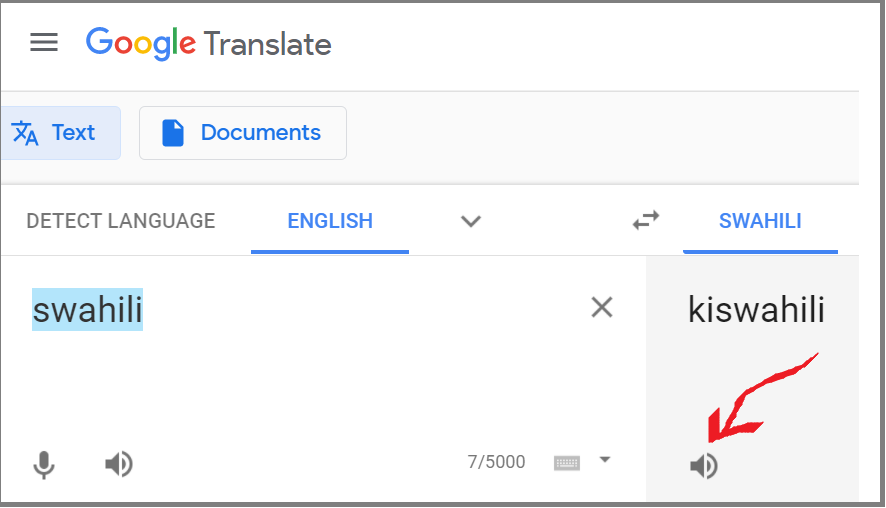Similar questions have been asked here before, so I'll try to provide enough detail to explain my specific situation.
The situation
I am a junior software developer in the United States working on an app project, on a team of a dozen people. We split the team into subgroups of three or four people to tackle specific parts of the app, and I am currently on the backend team working with two other people, "Aaron" and "Bob."
Aaron works in-house with me, but Bob works from overseas in Africa. Bob's first language is Swahili. (Aaron and I are first-language English speakers.) Because he is more comfortable speaking and writing in Swahili, he often names his programs, files and parts of his code after Swahili words, and includes Swahili comments in his code. We also named the app framework after a Swahili word that we found very beautiful and whose meaning he explained to us.
The thing I'd like advice about
When Bob puts Swahili words in his code and comments, and we're discussing his contributions to the code, I sometimes have had situations where I've pronounced the word verbally. For example, we were discussing one of his functions where he left a joking comment in Swahili, and I read the comment aloud to ask him what it meant.
Almost always I pronounce it wrong, and I feel really terrible when he tells me that I said it horribly wrong. Sometimes he'll try to teach me how to pronounce it correctly, but I can't hear the phoneme differences or can't move my tongue the right way and he gives up on teaching me. When this happens I feel absolutely horrible. He never makes a big deal about it and we joke a lot about me being too white to understand, or having terrible pronunciation. But I still feel really awful whenever it happens.
My question is: how should I handle these situations in the future and/or avoid embarrassing myself by feeling like I'm disrespecting his language? I always try to apologize when it happens, and I'm studying verbal pronunciation of Swahili phonemes and words so I can do a better job next time, and hopefully be less embarrassing when I try to speak it. But I was wondering if you had any more advice about how to handle awkward language barriers in a graceful way.


it is never, ever a hindrance to us understanding his comments... odd... i could have sworn your question stated an example of when you did in fact not understand his comment... also... I really hope you can drop that usually from your second to last sentence (in the comment) without it becoming a lie...